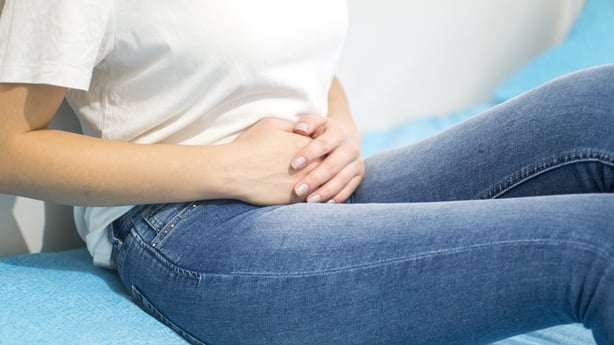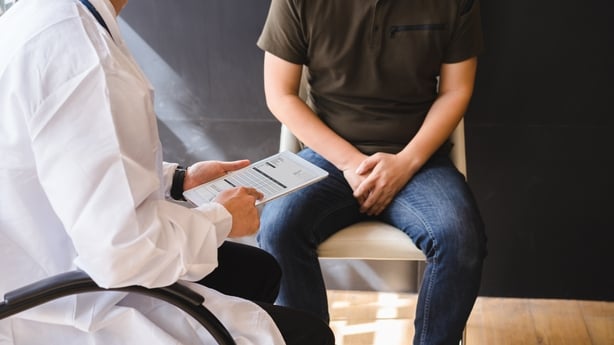Professor Barbara Ryan, Consultant Gastroenterologist in Tallaght University Hospital, joins Claire Byrne on RTÉ Radio 1 to discuss gut health. Listen back above.
There's a lot of information when it comes to health and wellness on the internet, but how do you separate gut health fact from gut health fiction?
The woman for the job is, of course, Professor Ryan who is co-founder of The Gut Experts and co-author of What Everywoman Needs To Know About Her Gut.
When asked why gut health is such a hot topic at the moment, Ryan said that she believes there are two reasons: firstly, people are becoming more vocal about the things affecting them; secondly, our diets are broader than ever.
Getting stuck into listeners' questions, Ryan gave us plenty to digest.

Is bloating normal?
"A little bit of bloating is normal, a lot of bloating is very uncomfortable and can cause people quite a lot of distress as it can be quite painful."
Bloating is one of the cardinal symptoms of IBS (Irritable Bowl Syndrome) which affects one in 10 adults and one in six women.
"In part it's to do with what you eat, but it's also in part to do with the gut-brain axis and how the muscles in your tummy respond to putting anything into your gut."
According to Professor Ryan, sufferers should be wary of any "magic solutions" that are being sold advertised as there is no simple fix for bloating as it usually involves taking a number of considerations into account.

Can antibiotics mess with your gut?
A distressed listener text into say that they were having prolonged issues with diarrhea, a rash and anal bleeding following a course of antibiotics. Professor Ryan had this to say:
"An antibiotic can change your gut bacteria. Usually, for more people, it rights itself in 6-8 weeks, but in some people it can lead to a more persistent change."
Although she advised the listener to book in for a half hour consultation for personalised care, she does note that giving a stool sample can be helpful as healthcare professionals will be able to check for markers of infection or inflamation.
Diarrhea can occur for a number of reasons, but a particularly bad case may come about because of a bile imbalance which can lead to bile acid diarrhea.

How to cope with chronic slow transit constipation?
The next listener wrote in about her son who is suffering with chronic slow transit constipation, also referred to as lazy bowel syndrome, which is characterised by the slow movement of waste through the digestive system.
"Chronic constipation is a multifactorial condition," explains Professor Ryan, who says that although there is no "magic cure", there are plenty of things you can do to alleviate symptoms.
Fibre intake and fluid intake are the first port of call but some helpful medications are available through the GP.
"There are a number of newer medications that have been licensed specifically for constipation. Some of those can be subscribed by GPs, some of them are available through what's called a hardship scheme, so they're not covered up front by the drug payment reimbursement scheme but if you fail to respond to other medications, your GP or gastroenterologist can make a case for you to try these other medications."
To hear more about IBS, probiotics, gas, endoscopies and colonoscopies, listen back above.
If you have been affected by issues raised in this story, please visit: www.rte.ie/helplines.

